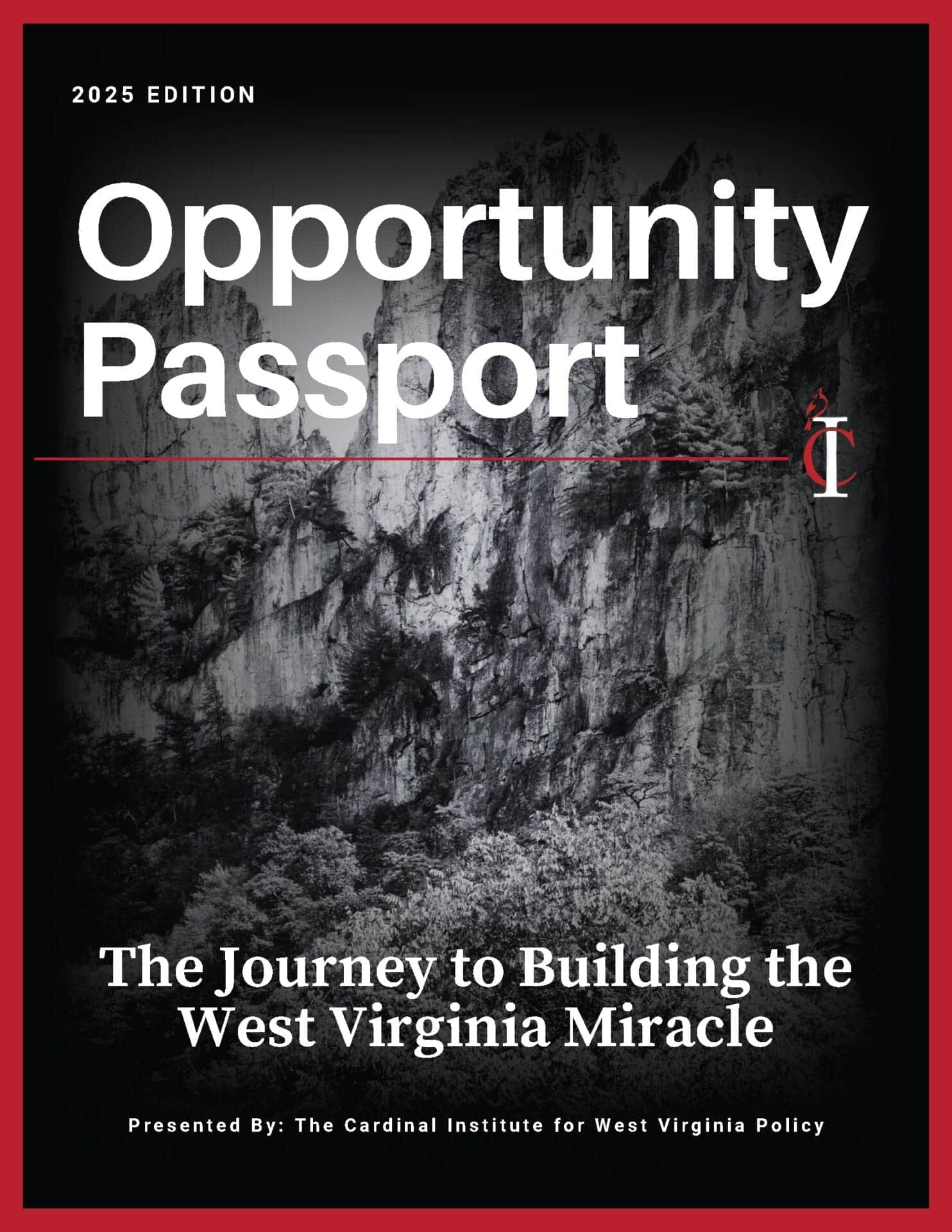
Mother’s Day: A West Virginian Gift to America
Cardinal Team
Mother’s Day is a West Virginia Invention
From time to time, we have the opportunity to celebrate the incredible contributions of West Virginians on this blog.
Did you know that Mother’s Day first began in West Virginia? The Mountain State was the first in America to formally recognize and celebrate mothers. The movement centered around the bittersweet story of Anna Jarvis and her mother Ann Marie Jarvis – both West Virginia natives.
The Story of Mother’s Day
Anna Jarvis led the movement to establish a day honoring mothers in the early 1900s. She embarked on this mission to honor her own late mother, Ann Marie Jarvis, who passed away in 1905. Anna chose the white carnation as the symbol of Mother’s Day. It was her mother’s favorite flower. Choosing it evoked sentimental memories of the woman who raised her.
Ann Marie Reeves Jarvis envisioned a different holiday than the one her daughter eventually created. She wanted a special day of mothers serving other mothers, particularly those less privileged. With only four of her thirteen children surviving to adulthood, she understood the struggles faced by mothers in West Virginia at that time. While Anna Jarvis herself advocated for mothers in need, she eventually decided to shift the focus of Mother’s Day to honor all mothers.
On the first Mother’s Day, Anna sent 500 white carnations to her hometown in West Virginia while organizing a similar event in Philadelphia, where she resided. However, as Mother’s Day gained popularity nationwide, Jarvis grew disheartened by the commercialization of her beloved holiday. The rising price of white carnations led to the introduction of red carnations by businesses. This frustrated Jarvis as she saw the white carnation as a sentimental remembrance of her mother’s legacy.
In 1920, Jarvis condemned the commercialization of Mother’s Day and encouraged people not to buy commercial products like cards, candy, and flowers. As a result, Jarvis eventually renounced Mother’s Day, and she advocated repealing it as a national holiday. Ironically, Anna Jarvis began advocating against the holiday she had fought for and tragically ended up in a sanitarium, with her stay funded by the very commercialization she opposed—the flower and greeting card industry.
Honoring the West Virginians Behind the Holiday
In light of this history, let’s take a moment to honor the West Virginia mother-daughter duo who created the holiday. Their original motive to make mothers’ lives easier and prevent personal tragedies is laudable. May we embrace the true spirit of Mother’s Day, appreciating the sacrifices and love of all mothers who shape our lives and our nation.
Nate Phipps is the Communications & Social Media Associate for the Cardinal Institute for West Virginia Policy.







